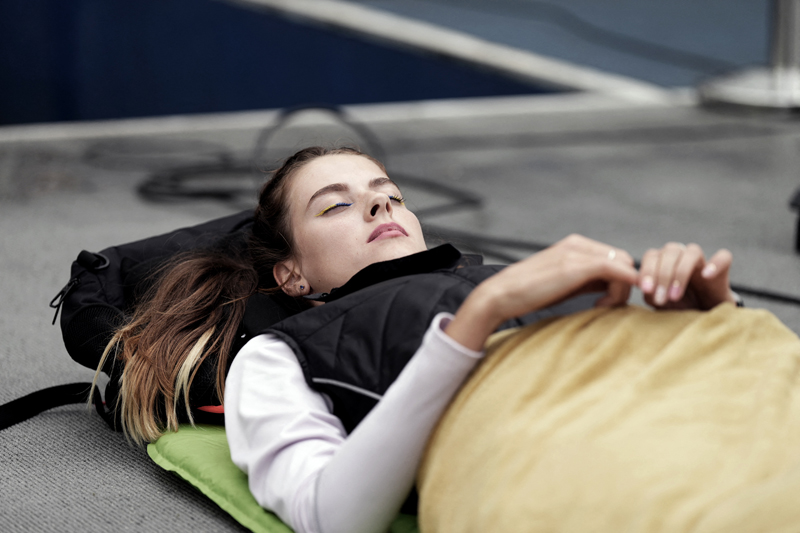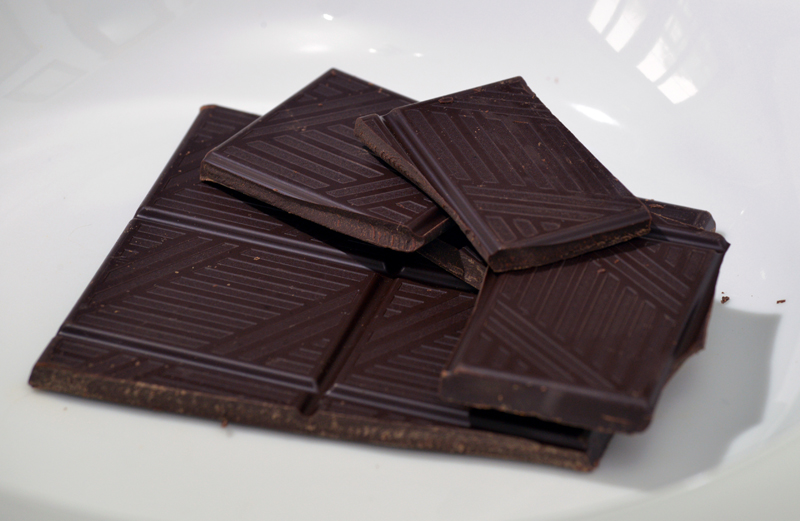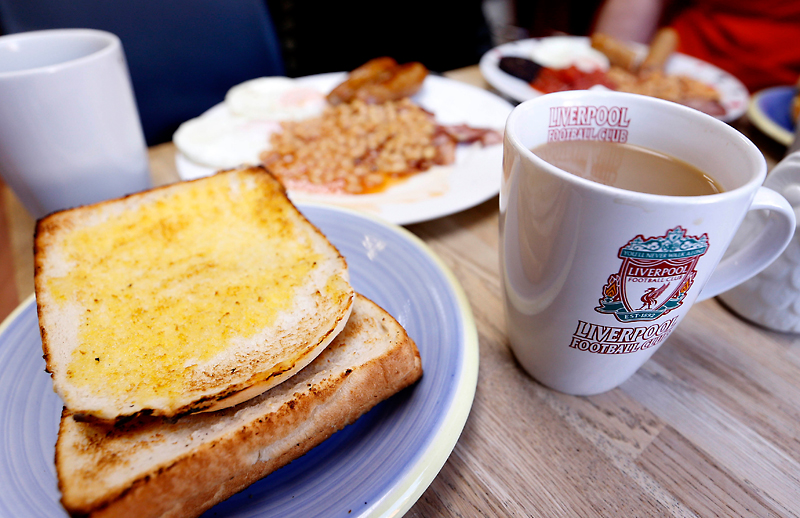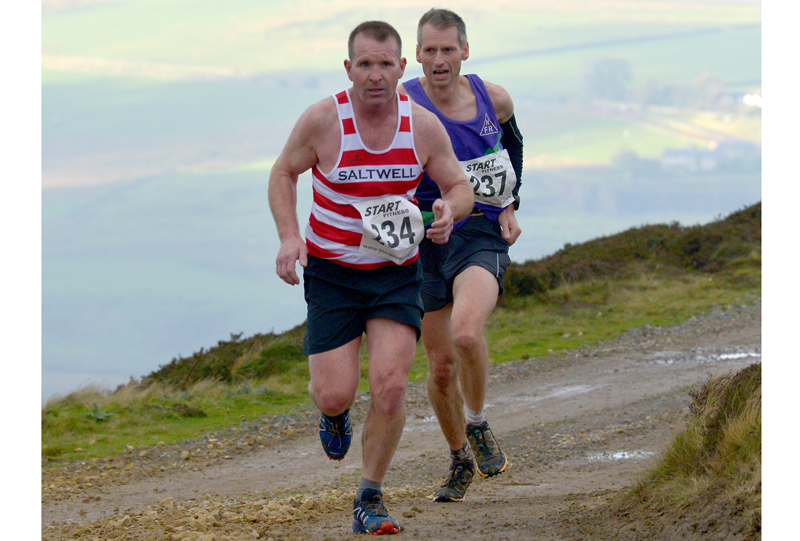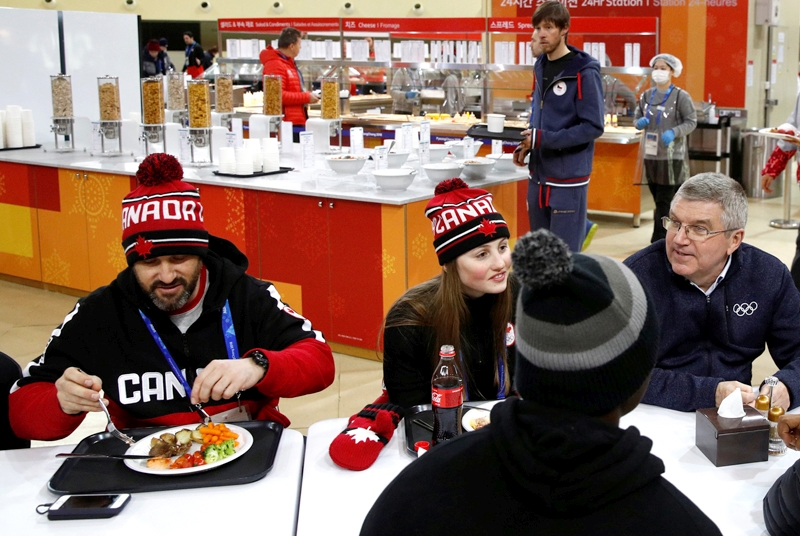You are viewing 1 of your 1 free articles. For unlimited access take a risk-free trial
Sleep and the athlete: can daytime naps power performance?
Can taking a daytime nap improve athletic performance, and if so does it only help sleep-deprived athletes? SPB looks at new research
In recent years, a large body of evidence has accumulated that getting enough sleep – and good quality sleep – is vital for sport and exercise performance. Ensure you get enough high-quality sleep and your performance is likely to be enhanced. However broken or insufficient sleep is not good for performance.
Why is sleep vital?
In terms of recovery, sleep is vital – not least because a number of hormonal responses take place in the lead up to and during sleep. One important hormone relating to athletic recovery is human growth hormone. Growth hormone is necessary for body restoration, and plays an important role in muscle growth and repair(1,2) Muscle growth, repair, and bone building are vital for athletic recovery following strenuous training and competition; it has been reported that 95% of the daily production of growth hormone is released from the pituitary gland in the endocrine system during non-rapid eye movement sleep (NREM - ie deep sleep). Therefore deep or NREM sleep is considered the time in which the body actively repairs and restores itself(3,4).
Given the above, it follows that a sleep shortage is likely to be counterproductive for athletic performance, and the research does indeed bear this out. Sleep deprivation is associated with higher rating of perceived effort (RPE) values for a given level of workload, potentially leading to reduced performance, particularly in endurance events(5,6). In short, when an athlete is sleep deprived, he or she will experience greater levels of perceived effort to sustain a given workload compared to when sleep amounts have been adequate.
More night time sleep
Many athletes (just like non-athletes) experience times when sleep amounts are insufficient. This can easily happen after a single night of sleep deprivation - for example when going to bed very late but getting up at the normal time. However, probably more common is the scenario where athletes experience a succession of nights with not quite enough sleep – ie where a deficit accumulates over time. Typically this can happen during the working week, with the sleep deficit paid back over the weekend (ie lie-ins!).
A number of studies have looked at how abolishing a sleep deficit by ensuring extra sleep can benefit performance. However, almost all of these have investigated the benefits of extending the sleep time at night – ie going to bed earlier or sleeping in and getting up later(7).
For example, a study by US scientists on 50 military athletes, researchers investigated the effects of four nights averaging an extra 80 minutes of sleep per night on subsequent performance in a range of mental and physical tests(8). The results showed that compared to habitual sleep, adding extra sleep significantly improved performances in all the tests after their four nights’ of extra sleep. What was also noticeable was that performance in jumping capacity and levels of motivation remained elevated a further four days later - even when the athletes had resumed their normal sleep patterns. Similar benefits were observed in another study investigating exercise time to exhaustion following six nights where an extra 1.6 hours of sleep was added to the athletes’ normal night time sleep(9).
What about daytime napping?
If more sleep at night can improve performance, especially when a sleep deficit exists, can daytime napping provide the same benefits? Up until recently, there was no consensus on this topic. However, with our growing understanding of the importance of sleep for athletic performance, more and more studies have started to appear in the literature, and they make for interesting reading.
A 2021 review study gathered together data from 37 previous studies on daytime ‘napping’ and physical performance(10). While many of these studies were only ranked as ‘moderate quality’ (ie many lacked a control group, daytime nap lengths and timing were highly variable etc), the researchers concluded that napping is likely beneficial for physical and cognitive performance, perceptual measures, psychological state and night-time sleep. They also suggested that athletes should nap for 20 to 90 minutes, and between the hours of 1pm and 4pm. But they also stressed the importance of allowing at least 30 minutes after napping before physical activity is started (to get rid of any residual sleepiness from the nap!). Figure 1 sums up these recommendations.
Figure 1: The impact of napping on various measures of athletic performance(10)
Up arrows indicate improvement; down arrows indicate a worse outcome. Green arrows represent study findings on naps between 1p and 4pm. Red arrows represent study findings on naps between 4pm and 8pm. Blue arrows represent studies finding no clear outcome either way in the measured parameter.
Another 2021 review study by a team of French and Tunisian researchers investigated the effects of daytime napping on athletic performance, especially where athletes were already experiencing some sleep deprivation(11). Most of the studies analyzed (fifteen) found beneficial effects from daytime napping, improving short-term physical performance, endurance performance and sports-specific skills performance. However, two studies showed no significant napping benefits and only one study demonstrated improved sprint performance following diurnal. Importantly, ‘replacement naps’ – ie naps that help replaced lost sleep at night or sleep deficits - improved both physical and cognitive performance regardless of the type of exercise. Another finding was that longer naps of over 90 minutes resulted in better improvement in physical and cognitive performance.
Coming right up to date, a systematic review study by Indian researchers at the Centre for Physiotherapy and Rehabilitation Sciences in New Delhi on napping and athletic performance has just been published earlier this month(12). This study examined 1,094 studies in the literature, from which 12 studies were included. Why so few? The researchers wanted to ensure that any included study was highly relevant, and based on a randomized controlled trial, so providing high-quality levels of evidence. Their conclusions were as follows:
- The majority of studies reported favourable effects of daytime napping on sports performance.
- Only one study reported no significant benefits, but this was likely due to a different methodological approach and a shorter nap duration.
- Napping was found to benefit sports performance in physically active and athletic populations, benefiting partially sleep-deprived and well-slept individuals alike.
- Napa with a longer duration (around 90 minutes) provided more significant advantages.
- Daytime naps can be considered as a cost-efficient, self-administered method for promoting recovery.
In conclusion
What are the conclusions and practical implications for athletes looking to optimize sleep for maximum performance benefits? The first thing to say is that without doubt, the evidence that napping in the day can help the performance of sleep-deprived athletes is very robust indeed. If you are lacking in sleep and you get the chance to take a daytime nap, do it – there are big upsides and no downsides! But there’s also good evidence that daytime napping can also benefit the performance of athletes who aren’t particularly sleep deprived. And contrary to what is often reported, it seems that taking a daytime nap doesn’t necessarily mean night-time sleep quality is impaired; in fact, it may even improve night sleep quality, especially when napping is used to help offset a sleep deficit.
Timing and length of napping appear to be important though. The optimum window for a nap seems to be between 1pm and 4pm. Napping later than that may actually reduce physical performance and night-time sleep quality. The evidence also suggests that longer naps (up to and around 90 minutes) are better than short (under 20-minute) naps. Remembering the optimum timing window for a nap, this suggests that athletes who typically nap for around 60 minutes should ensure they start their nap before 3pm (to ensure they are not still sleeping after 4pm). Likewise, 90-minute nappers should start by 2.30pm.
If you are unable to take a nap without sleeping later than 4pm, you are probably best to skip it, instead taking a nap the following day. Bear in mind too that like night-time sleep, the body will need to ‘wake up’ physically after a nap, for which you should allow at least 30 minutes. If you’re training or competing in the afternoon therefore, you need to factor this into your timing calculations.
References
- Biol Rhythm Res. 2009;40(1):45–52
- Eur J Sport Sci. 2008;8(2):119–126.29–31
- Annu Rev Med. 1976;27:225–243
- J Sports Sci. 2012;30(1):S75–S84
- Med Sci Sports Exerc. 2013;45: 2243–2253
- Eur J Appl Physiol. 2009;107: 155–161
- Sleep Med. 2021 Jan;77:128-135. doi: 10.1016/j.sleep.2020.11.028
- Sleep Med. 2019 Mar 28;58:48-5
- Med Sci Sports Exerc. 2016 Aug;48(8):1595-603
- Nat Sci Sleep. 2021 Jun 24;13:841-862
- Sports Med. 2021 Oct;51(10):2115-2146
- PeerJ. 2022 Dec 1;10:e14460. doi: 10.7717/peerj.14460. eCollection 2022
Newsletter Sign Up
Testimonials
Dr. Alexandra Fandetti-Robin, Back & Body Chiropractic
Elspeth Cowell MSCh DpodM SRCh HCPC reg
William Hunter, Nuffield Health
Newsletter Sign Up
Coaches Testimonials
Dr. Alexandra Fandetti-Robin, Back & Body Chiropractic
Elspeth Cowell MSCh DpodM SRCh HCPC reg
William Hunter, Nuffield Health
Keep up with latest sports science research and apply it to maximize performance
Today you have the chance to join a group of athletes, and sports coaches/trainers who all have something special in common...
They use the latest research to improve performance for themselves and their clients - both athletes and sports teams - with help from global specialists in the fields of sports science, sports medicine and sports psychology.
They do this by reading Sports Performance Bulletin, an easy-to-digest but serious-minded journal dedicated to high performance sports. SPB offers a wealth of information and insight into the latest research, in an easily-accessible and understood format, along with a wealth of practical recommendations.
*includes 3 coaching manuals
Get Inspired
All the latest techniques and approaches
Sports Performance Bulletin helps dedicated endurance athletes improve their performance. Sense-checking the latest sports science research, and sourcing evidence and case studies to support findings, Sports Performance Bulletin turns proven insights into easily digestible practical advice. Supporting athletes, coaches and professionals who wish to ensure their guidance and programmes are kept right up to date and based on credible science.
